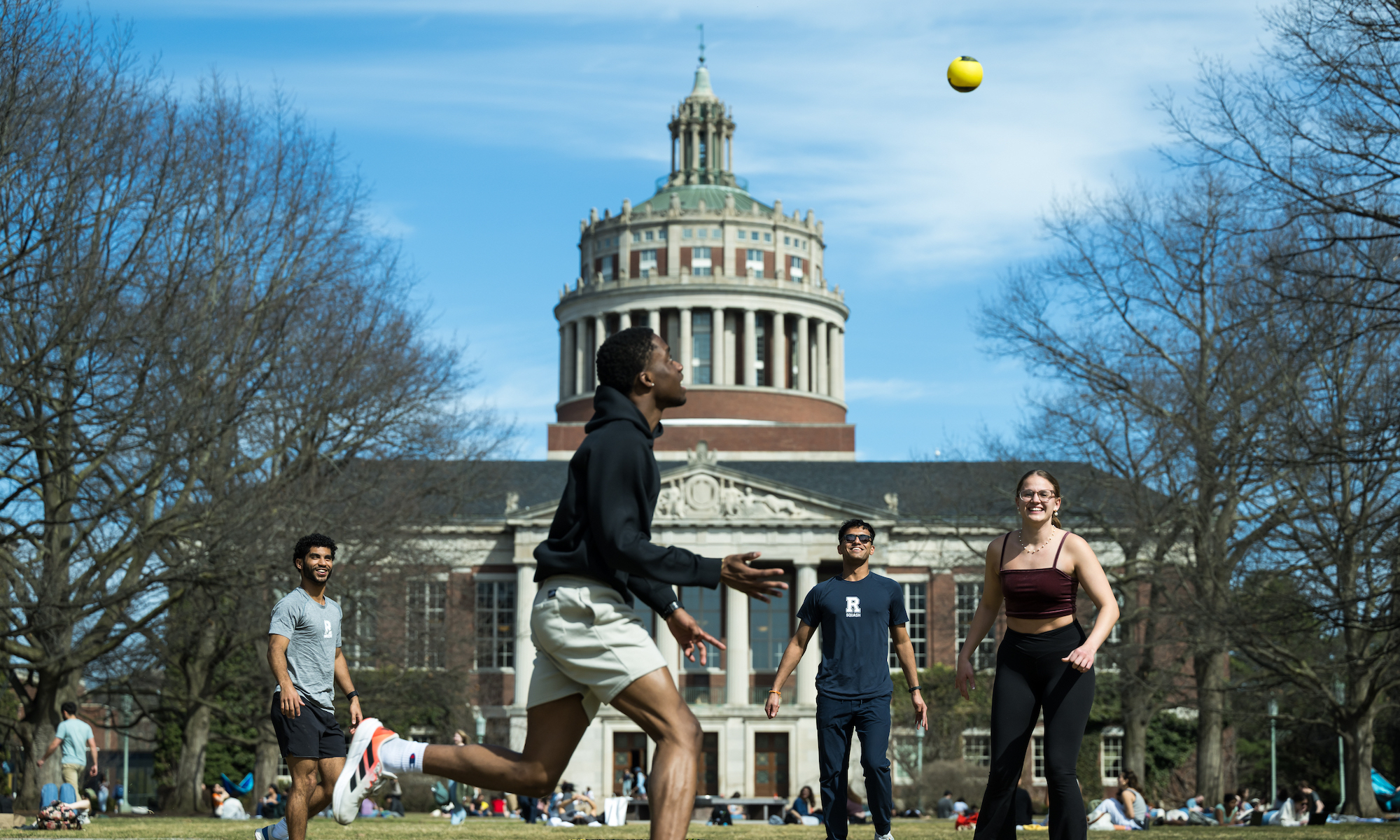
March 2025 in photos
A look back in photos at how we spent a busy March at the University of Rochester.
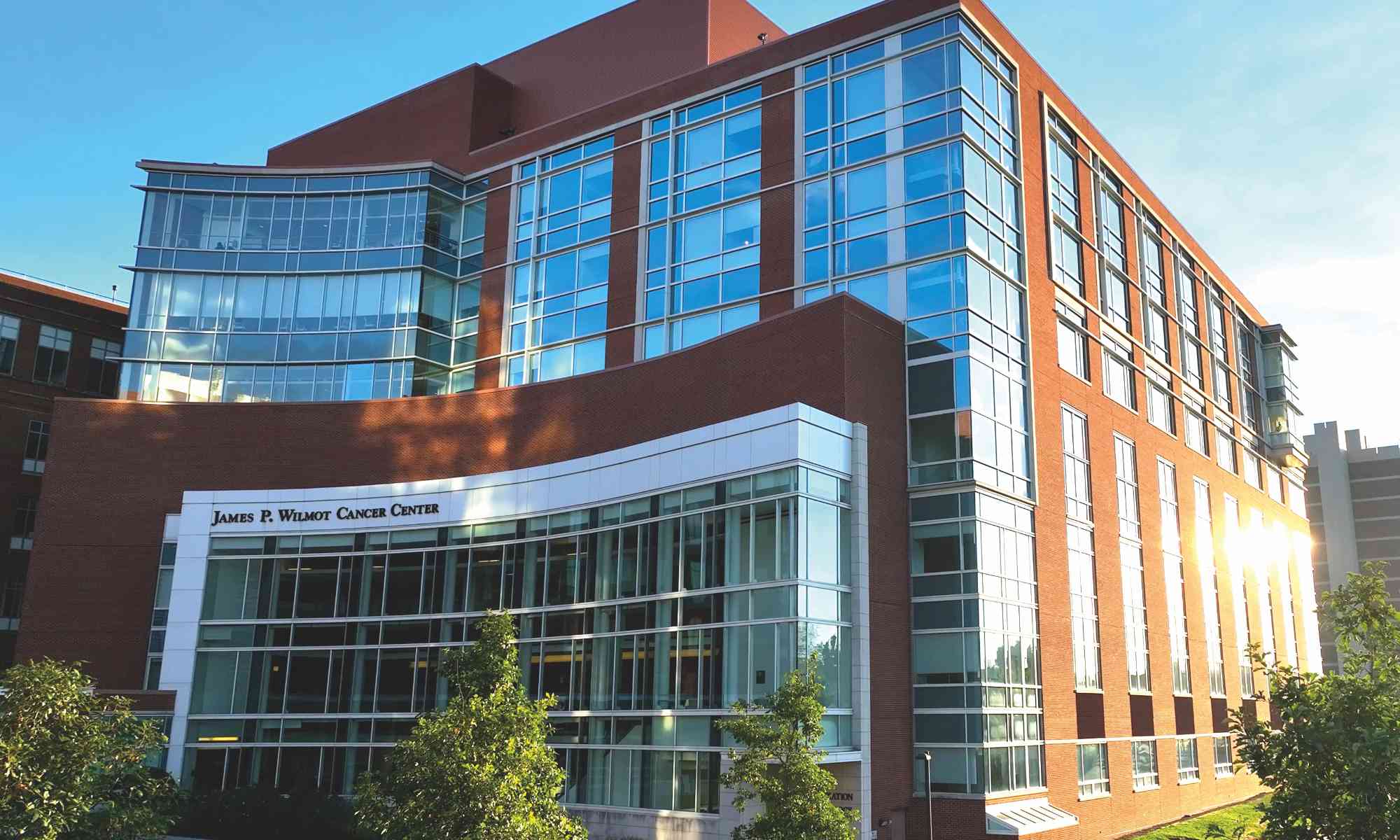
University of Rochester’s Wilmot Cancer Institute earns prestigious National Cancer Institute designation
The new classification places Rochester among the top 4 percent of cancer centers in the United States.

Faculty earn awards and accolades for scholarship, research contributions
National and international organizations are recognizing Rochester faculty members for their work.
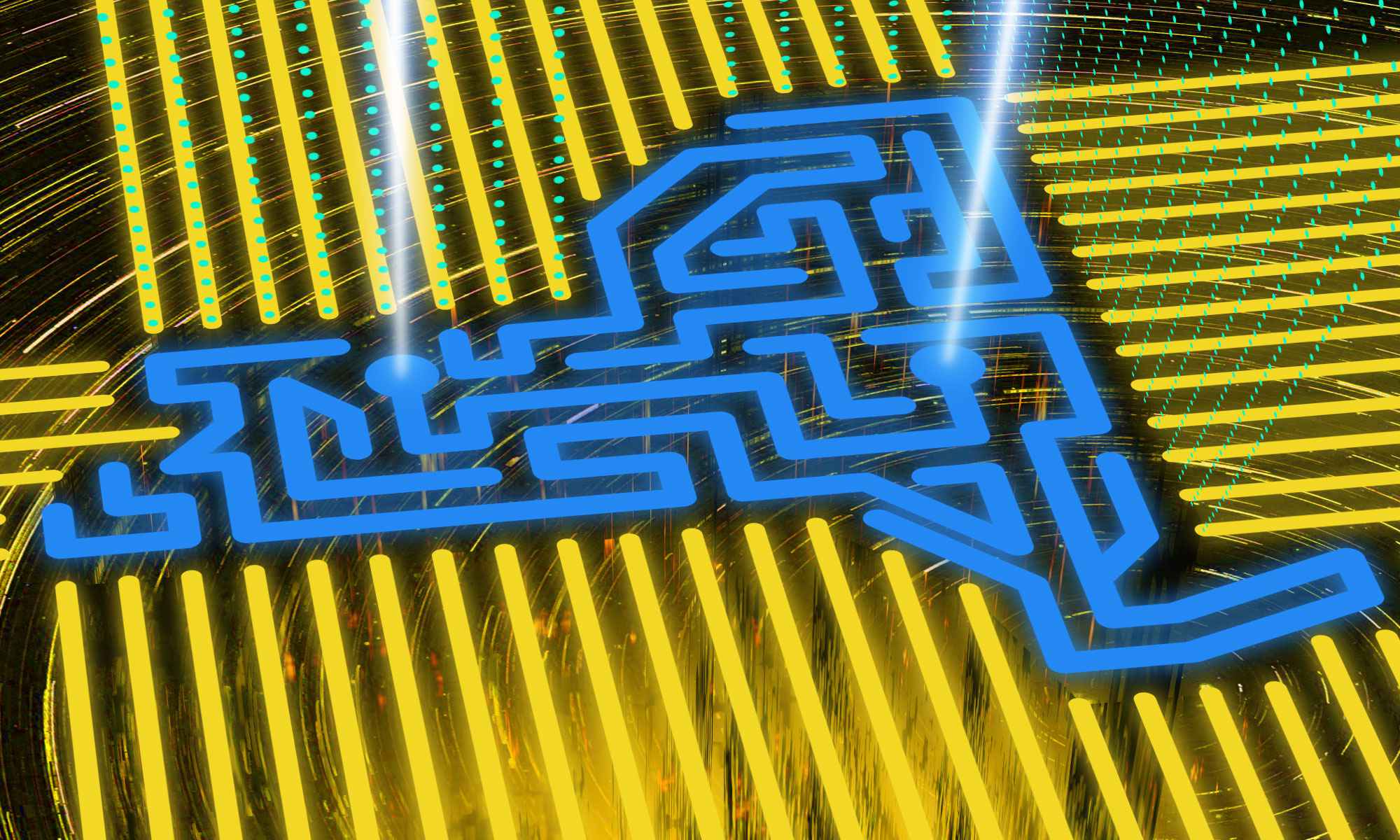
University joins Empire AI Consortium to advance research and collaboration
Rochester brings expertise in artificial intelligence and cognitive science, machine learning, and high-performance computing to the consortium.
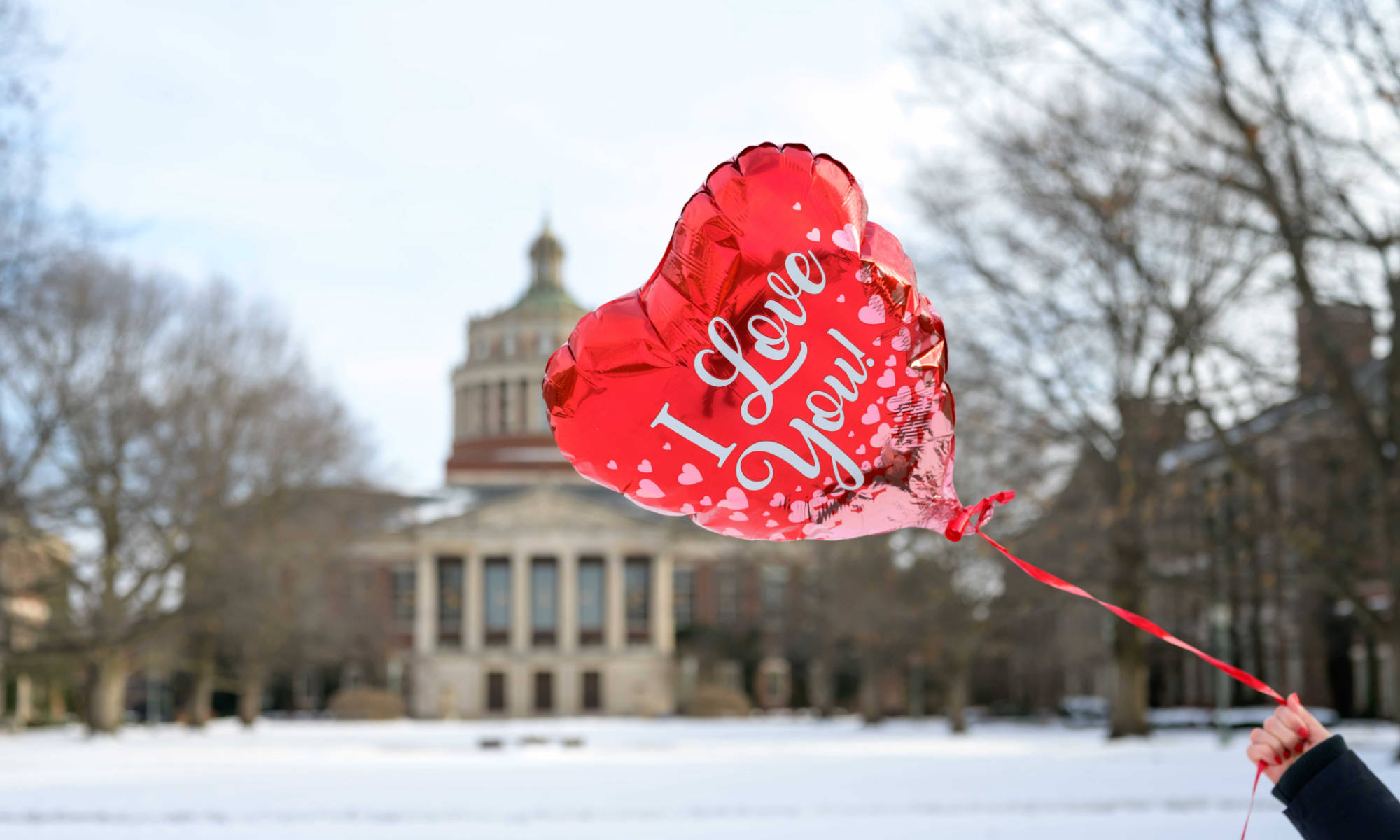
From Rochester with love
Valentine’s Day is on the horizon—and love is in the air. Enjoy a selection of hearty research, endearing stories, and moving moments from across the University of Rochester.

Awards and honors recognize faculty accomplishments
International, national, and statewide organizations have recently honored Rochester faculty for their contributions.
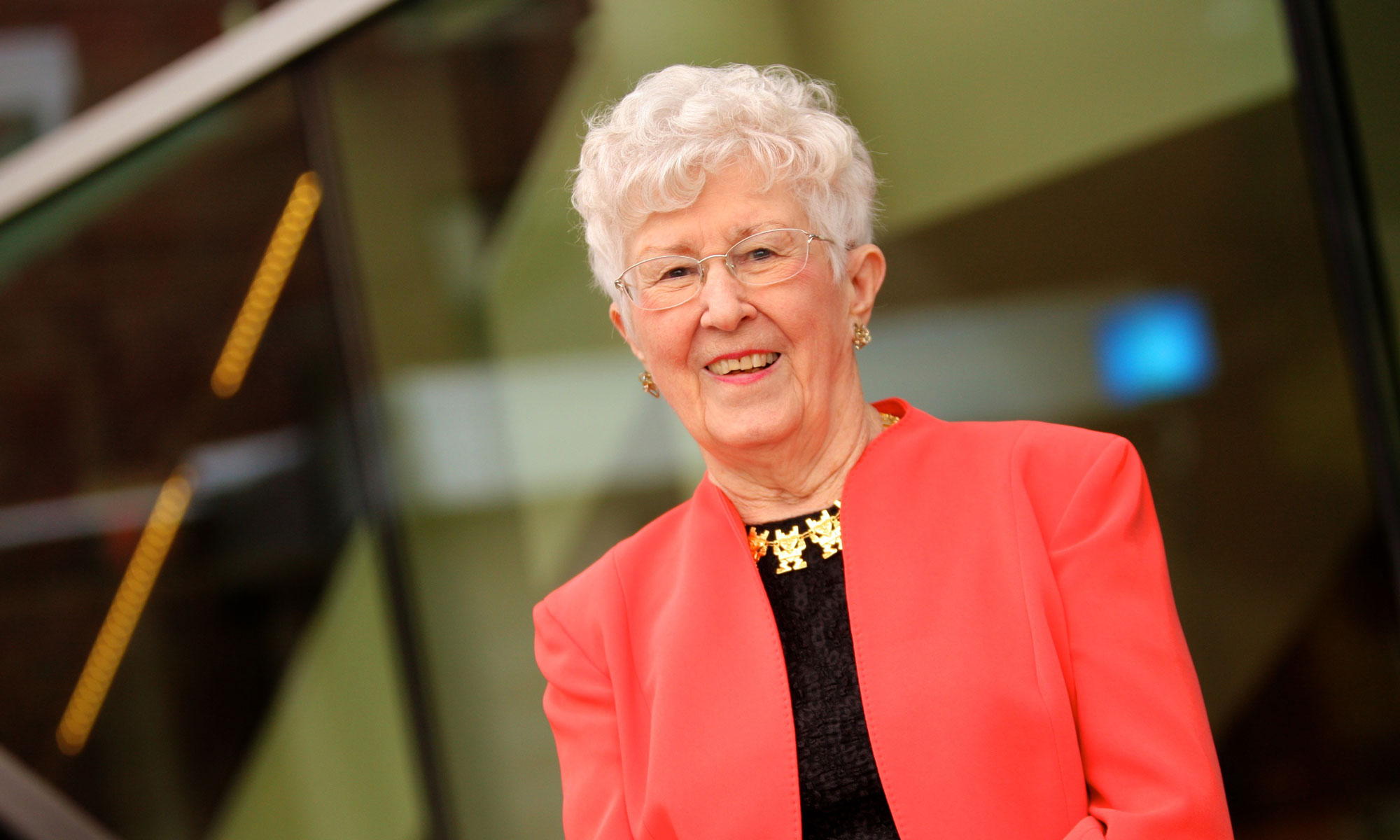
Loretta Ford, former School of Nursing dean who transformed the profession, dies at 104
Ford cofounded the nurse practitioner model and developed a holistic approach to nursing education, research and clinical practice.
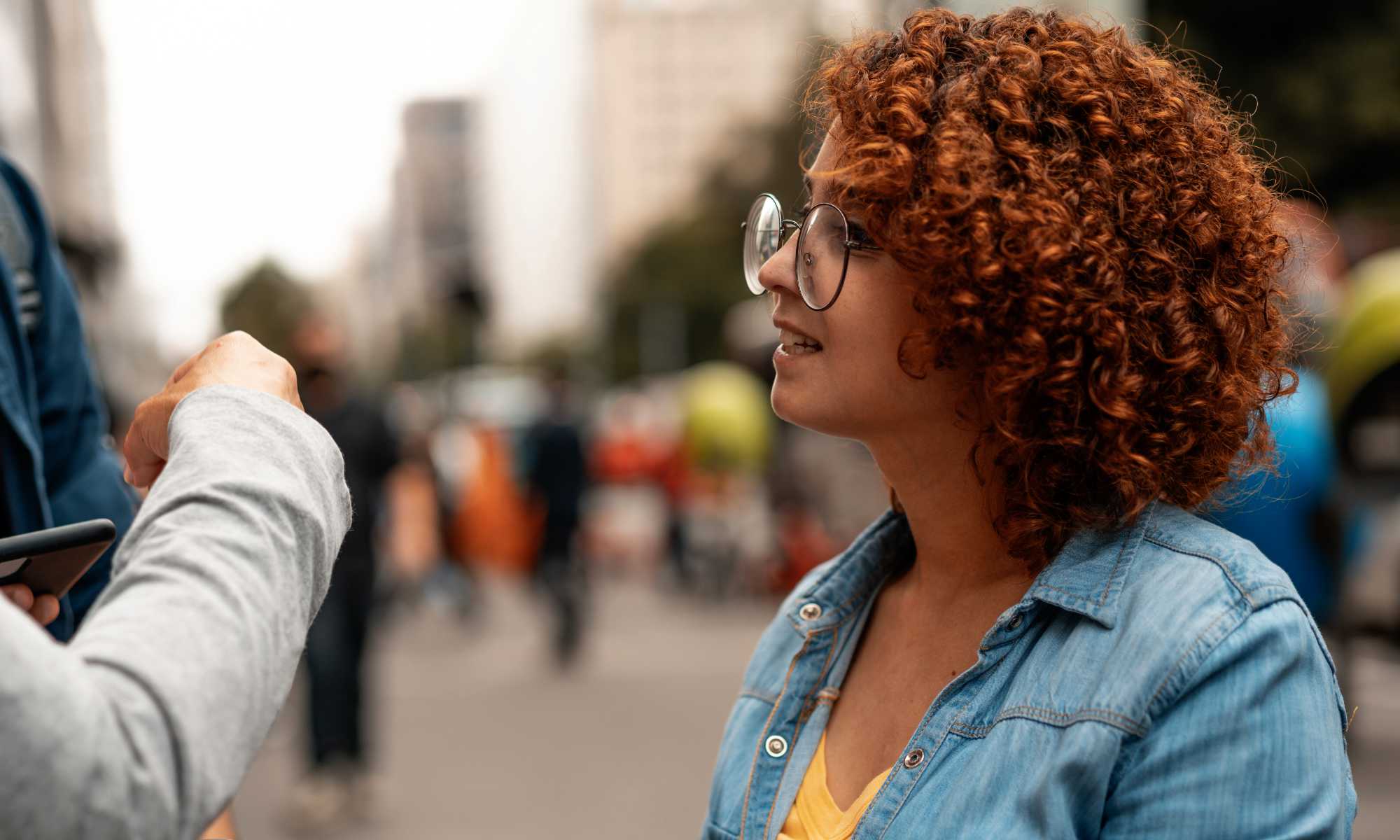
How does the brain cut through noise to understand speech?
Rochester researchers investigate how visual cues enhance the brain’s ability to understand speech in noisy environments.

2024: The year in photos and video
University photographer J. Adam Fenster shares his favorite images that he made this year. Plus, a look back at 2024 in video.

Awards and accolades spotlight faculty contributions
Professional associations and scholarly organizations are recognizing the accomplishments of Rochester faculty.
